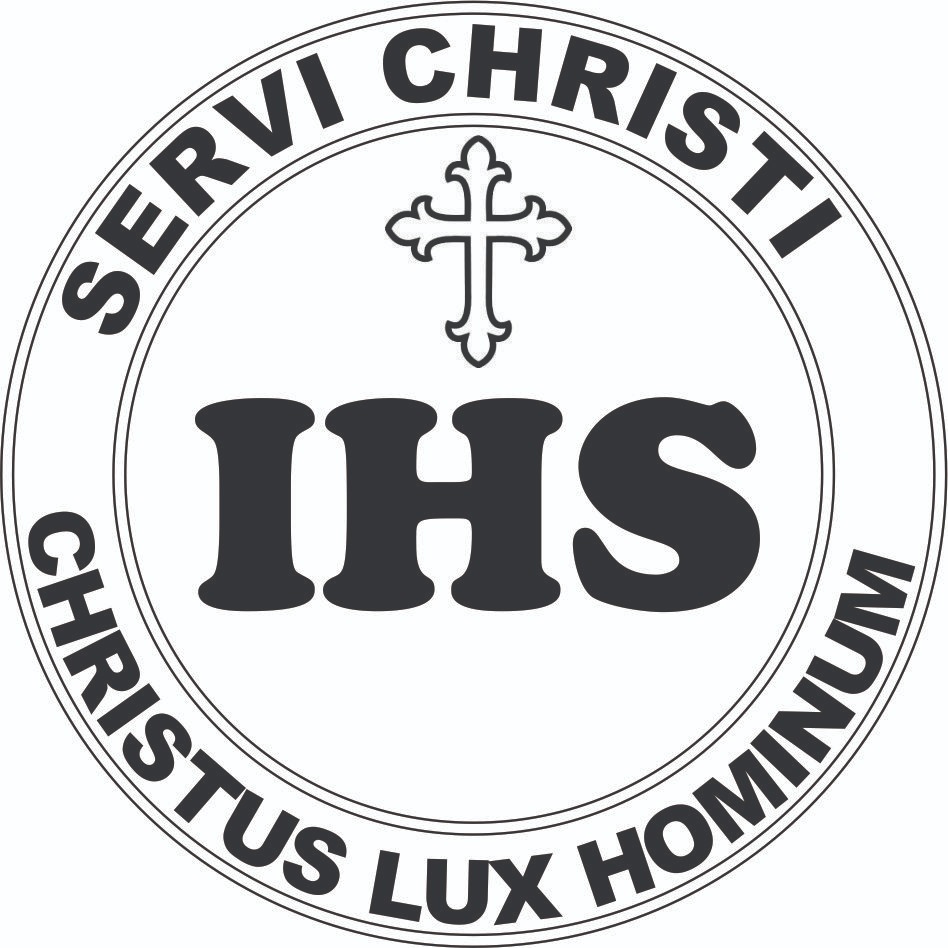There are celibates in the church because of what Jesus said in our Gospel for today. In the world to come, the Savior specified, people will not marry or be given in marriage but will rather be like angels, experiencing a communion so intense and complete that even the richest communion here below will be as nothing. It is according to God’s providence, therefore, that there be certain people who, even now, live in accord with that eschatological hope. This is why the celibacy of priests and religious is a gift for the whole people of God.
Reflection by Bishop Robert Barron
